Labor grounds Defence space mission as ‘Star Shot’ program killed
Two Airbus Arrow satellites are being assembled in Florida for delivery next year, but the ‘Star Shot’ program for which they were bought has been quietly killed off by the Albanese government.
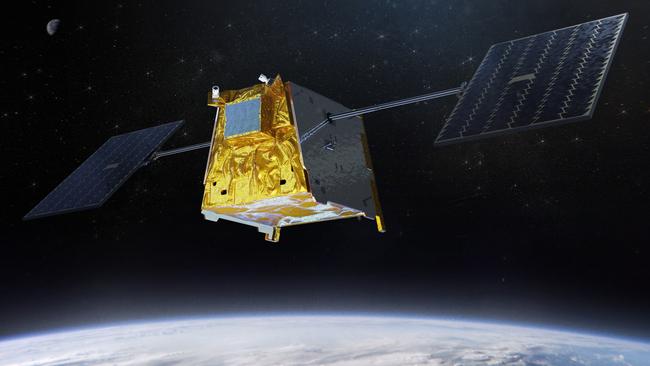
Defence has spent $40m of taxpayers’ money on two satellites it doesn’t know what to do with, as the Albanese government downgrades plans to develop sovereign space capabilities.
The Airbus Arrow satellites are being assembled in Florida for delivery next year, but the “Star Shot” innovation program for which they were purchased has been quietly killed off.
The satellites will have to go into storage where they will rapidly deteriorate unless a new use can be found for them.
The move follows the axing of a $1.2bn NASA-backed satellite program by Industry Minister Ed Husic, who tried to hide the decision from the US government until hours before it was announced. The $20m each satellites were intended to be outfitted with payloads designed by Australian industry to provide space-based surveillance, positioning and secure communications capabilities for the Australian Defence Force.
“Self-reliance in space technologies is critical if we are to ensure the defence and security of the country,” Chief Defence Scientist Tanya Monro said last year, as she named Airbus as Defence’s strategic partner for the Resilient Multi-mission Space Star Shot program.
“By partnering with Airbus, we will fast-track the development of critical satellite technologies for the ADF, and ensure that our war fighters have ongoing access to resilient and trusted communication, intelligence and surveillance services.”
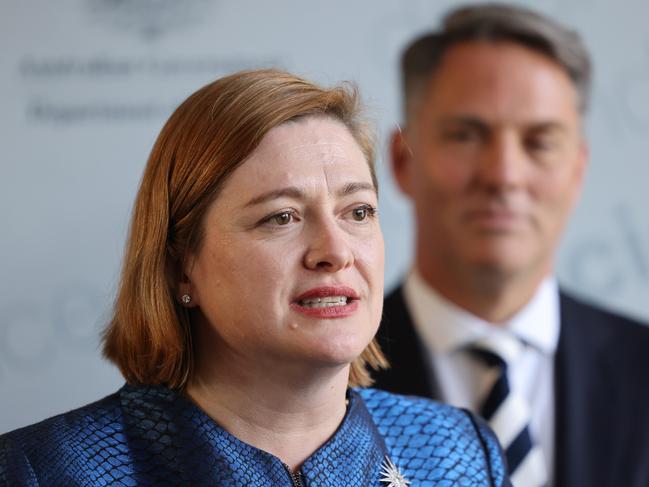
Defence is yet to contract any payloads for the satellites, and the Airbus personnel who were working on the program have returned to Britain because there is no work for them to do.
At 150kg each, the Airbus satellites are top of the range units.
An industry source said they were “overkill” for experimental satellites, but Professor Monro’s Defence Science and Technology agency ignored advice that smaller satellites were more appropriate.
“This project is a disaster,” said the source, who requested anonymity because of the sensitivity of the matter. “The space industry and the Australian industry partners have done everything they can, but Defence just has no plan. Those satellites are ordered and paid for, and almost delivered. What is Defence going to do with them?”
A Defence spokeswoman said the satellites would give the department “the opportunity to explore low earth orbit missions with advanced payloads”.
She conceded, however, that Defence was still “determining the specific roles and functions for these platforms and how they complement and support the broader space capability program”.
Opposition defence spokesman Andrew Hastie said the demise of the program, which originated under the Coalition, would undermine ADF capabilities in a future conflict “where space dominance and satellite superiority will reign supreme”.
“By cutting this vital space security program, Labor is weakening our defences, making it even harder for our warfighters, and making Australia less safe,” he said. “The government must explain why our space programs are being cut, and why state-of-the-art satellites we have paid for will not see service.”
Defence’s Star Shot program has been replaced by the Advanced Strategic Capabilities Accelerator, which Professor Monro heads. Developing space capabilities is not among the accelerator’s priority “missions”.
The government has also decided not to prioritise the development of Australia’s space industry through its $15bn National Reconstruction Fund, overseen by Mr Husic.
Documents released under Freedom of Information laws showed Mr Husic’s office instructed Australian embassy officials not to tell the Biden administration about cancellation of the $1.2bn National Space Mission for Earth Observation program.
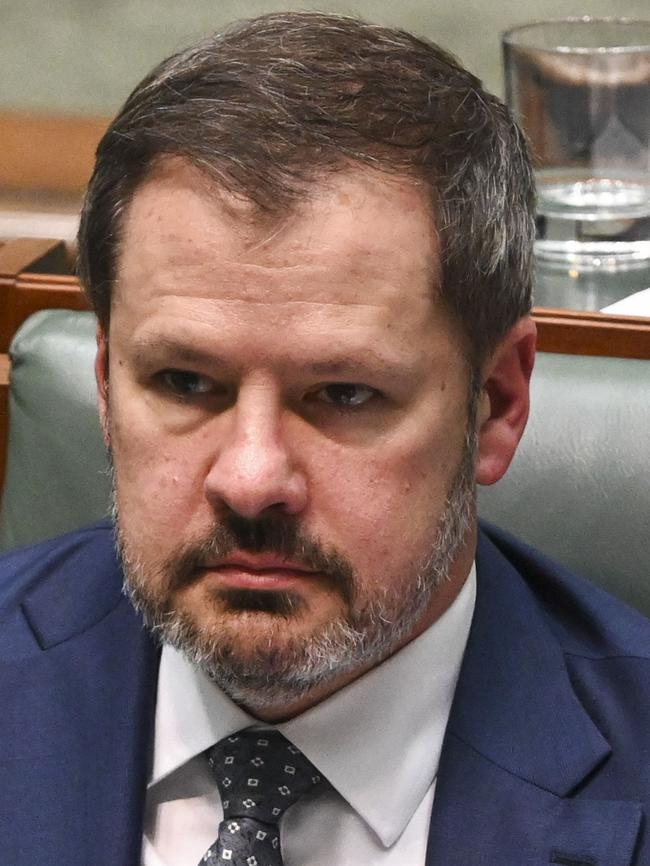

Australian Strategic Policy Institute senior analyst Malcolm Davis warned the Airbus satellites would degrade unless they were put into orbit.
“Satellites by their very nature are not something that can be sitting in a shed for very long before they start to deteriorate,” Dr Davis said.
“The systems and technologies on the satellites become unusable over a period of time. For example, the power systems and so forth.
“They need to get a wriggle on in terms of getting these things properly set up with whatever payload they’re going to host, and then get them on to a launch queue somewhere.”
Dr Davis said the shelving of the satellite program came amid mounting evidence that the Albanese government “isn’t that committed to space”.


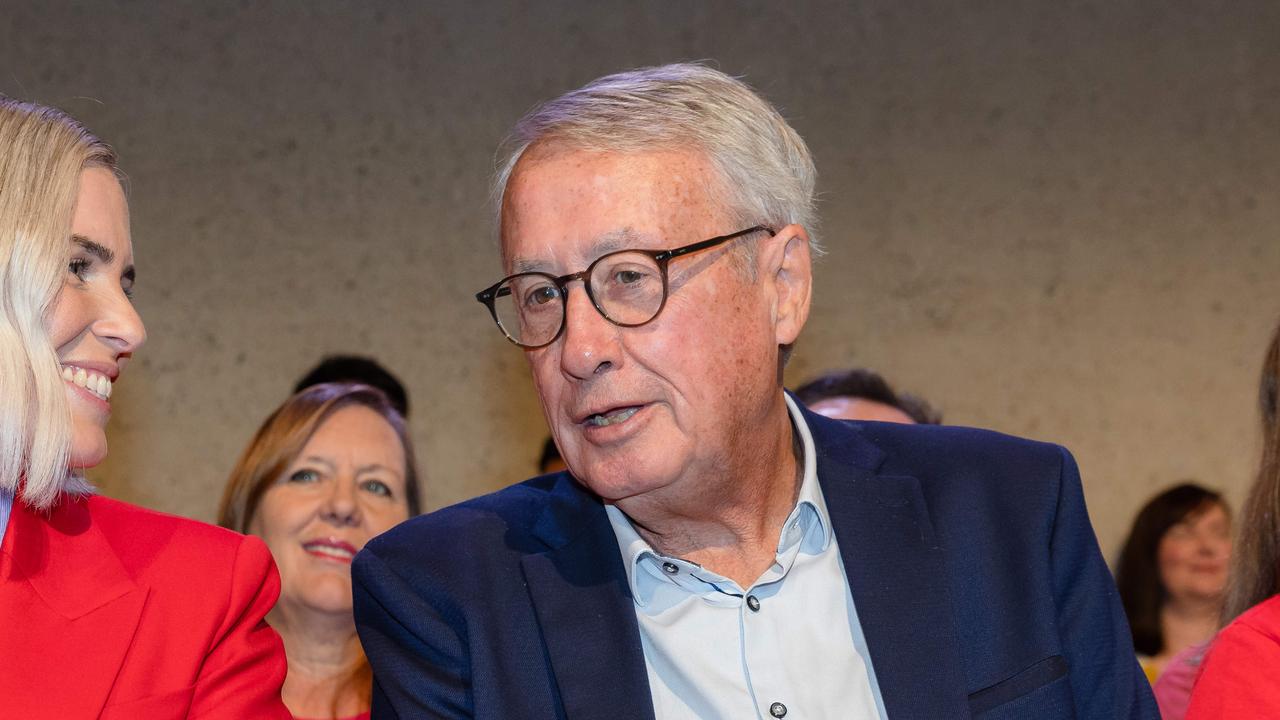
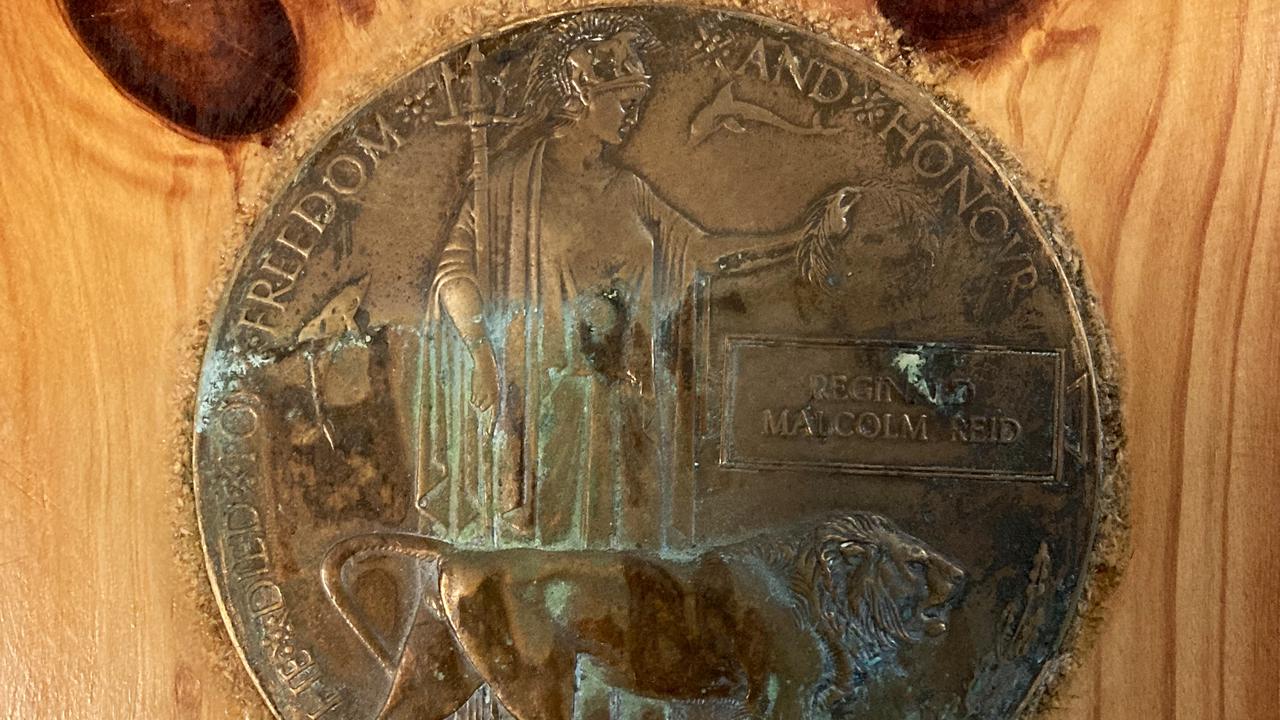
To join the conversation, please log in. Don't have an account? Register
Join the conversation, you are commenting as Logout